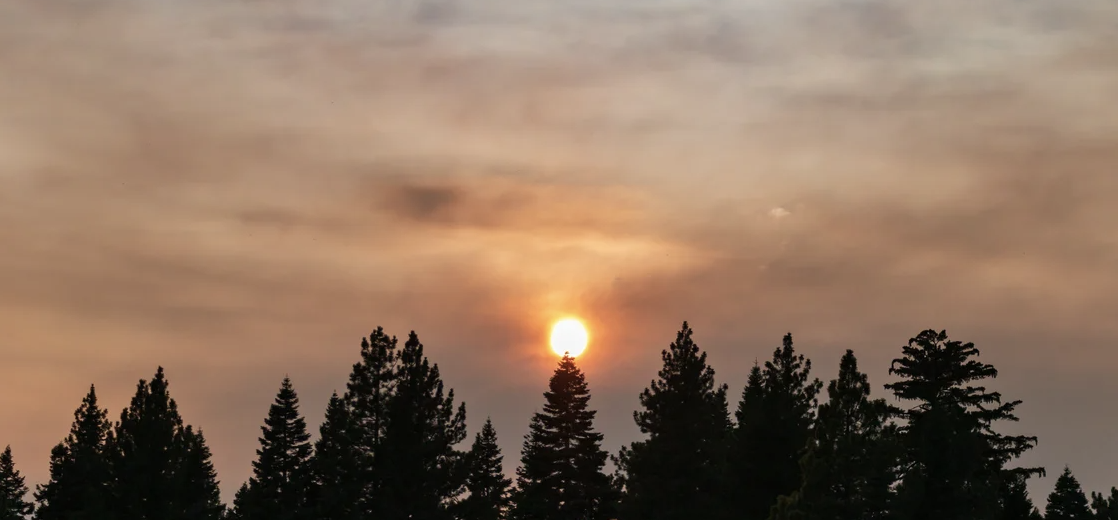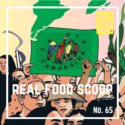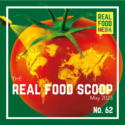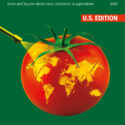“Colonialism persists and continues to wreak havoc on individual bodies, on our societies, and on the planet. Its signature is damaged relationships, and the outcome is inflammation.”
—RUPA MARYA AND RAJ PATEL, INFLAMED
Over the past few weeks, our Real Food Media family in Chicago and Minneapolis—as well as folks across the Midwest and Eastern Seaboard—have been waking up to local news headlines boasting the worst air quality in recorded history. Smoke from Canada’s worst wildfire season yet is to blame, even making its way all the way to Europe.
We don’t have to tell you that these record-breaking fires—and the increasing severity of fires, heatwaves, and other extreme weather events worldwide—are the unmistakable mark of the climate crisis. While residents of affected regions are cautioned to stay indoors, those most affected are invariably workers—from window washers to street vendors to farmworkers—with few or no employer protections and scarcely able to give up a day’s income to avoid polluted outdoor air.
A whole host of urgent measures are urgently needed to protect those most vulnerable to climate chaos, and stop greenhouse gas emissions at their source—such as the way we produce and distribute food, contributing about a third of all emissions. This year’s US Farm Bill offers one pathway for needed progress (see below to take action!).
We should also not lose sight, as Rupa and Raj reminded us so evocatively in Inflamed, of how colonialism has damaged our relationships with one another and with the earth. One example of this is how Indigenous practices of fire stewardship have been jettisoned in favor of fire suppression—a move that has dramatically increased the risk of dangerous wildfires.
Decolonization—of our relationships and worldviews—must occur side by side, and in conversation with, the policy work if we are to soothe our global inflammation.
In community and solidarity,
Tanya, Tiffani, and Christina




